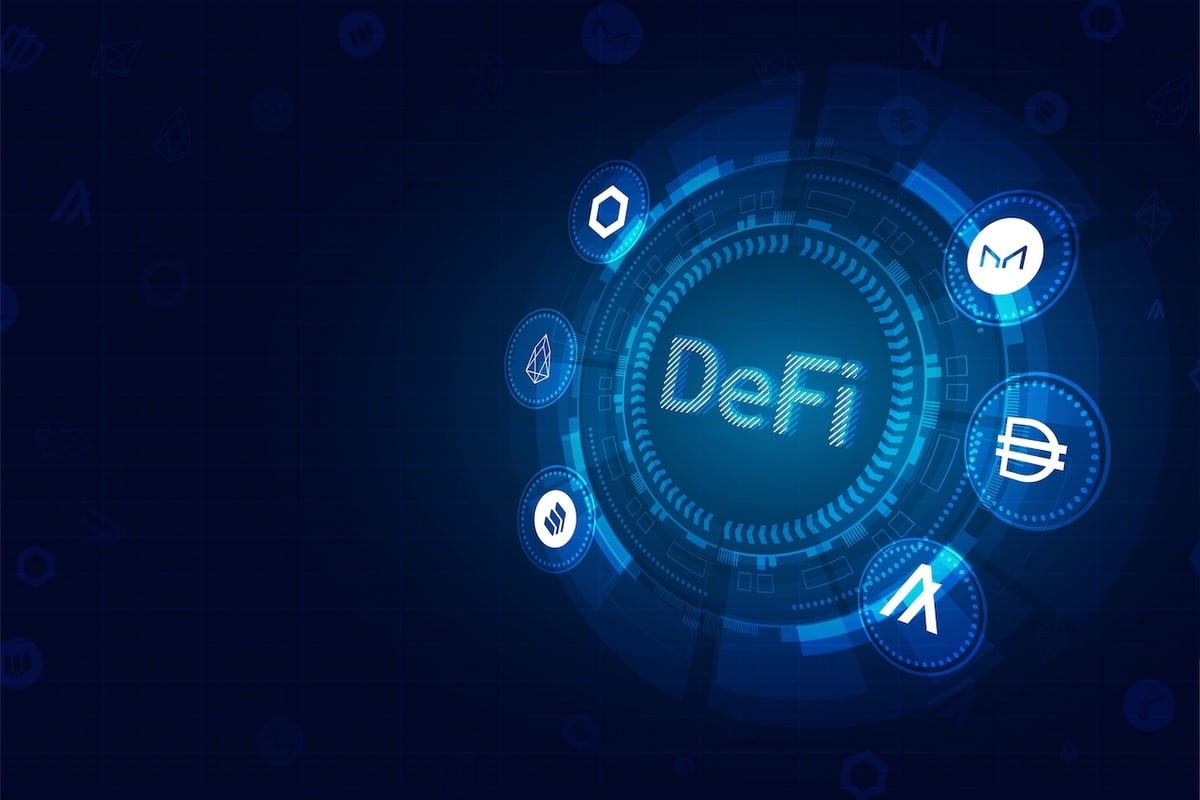IOSCO Publishes Policy Recommendations for Decentralized Finance (DeFi)

The International Organization of Securities Commissions (IOSCO), which sets standards for securities market regulation globally, has issued policy recommendations for the supervision of decentralized finance (DeFi).
On December 19, IOSCO unveiled nine policy recommendations aimed at regulating the decentralized finance (DeFi) sector. This guidance comes as regulators worldwide grapple with the challenges of regulating DeFi, an industry that lacks a centralized body subject to traditional supervision.
These recommendations, part of a comprehensive approach initiated last year, seek to foster greater consistency in regulatory oversight both within and across jurisdictions. Notably, IOSCO had previously published recommendations for regulating crypto markets in September.
In its latest report, IOSCO highlights the need for governments to identify those responsible for innovative financial applications within the DeFi space and regulate them similarly to traditional finance. While some of the recommendations may appear standard, their significance lies in the detailed treatment provided for each.
For instance, Recommendation 7 emphasizes the enforcement of applicable laws and guides on assessing regulators’ powers, tools, and resources to address potential evasion by DeFi or other market participants.
Recognizing the importance of responsible innovation benefiting investors and markets, IOSCO underscores the necessity of addressing market integrity and investor protection concerns arising from technological developments in DeFi.
These recommendations, aligned with IOSCO’s Crypto-Asset Roadmap, complement those issued for Crypto and Digital Assets (CDA) markets in November 2023. Following a lifecycle approach, the principles-based and outcomes-focused recommendations aim at DeFi products, services, activities, and arrangements. They adhere to IOSCO’s globally accepted standards for securities market regulation.
The report emphasizes that many existing international policies, standards, and regulatory frameworks for traditional financial markets are applicable to DeFi due to their similar economic functions and activities. In cases where current rules don’t directly apply, IOSCO suggests modifying them to ensure proper regulation.
IOSCO urges Global Cooperation for Consistent Regulation
IOSCO’s guidance on DeFi covers key aspects such as identifying responsible individuals, establishing clear disclosure requirements, and enforcing applicable laws. The definition of responsible persons includes those “exercising control or sufficient influence over a financial product offered, financial service provided, or financial activity engaged in by the DeFi arrangement.”
The IOSCO’s overarching goal is to promote consistency in the regulation and oversight of crypto-asset markets, emphasizing the need for uniformity in regulating crypto-asset and securities markets within individual jurisdictions. The recommendations stress the importance of enhanced cooperation among regulators to address cross-border challenges, enforce regulations, and supervise DeFi participants engaging in global crypto-asset activities across multiple jurisdictions.
With these recommendations in place, IOSCO is now shifting its focus towards implementation, capacity building, and providing technical assistance to regulators adopting the suggested frameworks. While the recommendations are not directly aimed at market participants, IOSCO strongly encourages all crypto-asset market participants to thoroughly consider the expectations outlined in the recommendations and supporting guidance, especially in the conduct of regulated and cross-border activities.
Having completed the recommendations, IOSCO is set to shift its focus to monitoring, regulatory capacity building, and providing technical assistance to its over 130 member authorities, which collectively regulate 95% of the world’s financial markets.
The board of the International Organization of Securities Commissions (IOSCO) includes 35 regulators and top executives, including heads of prominent regulatory bodies such as the United States Commodity Futures Trading Commission (CFTC), the U.S. Securities and Exchange Commission (SEC), and the United Kingdom’s Financial Conduct Authority (FCA), among others.
In 2022, IOSCO released comprehensive reports on various aspects of the crypto landscape, covering topics such as DeFi, stablecoins, and the role of influencers. The organization has consistently advocated for national regulators to enhance their supervisory capacities in response to the evolving nature of the crypto industry.




